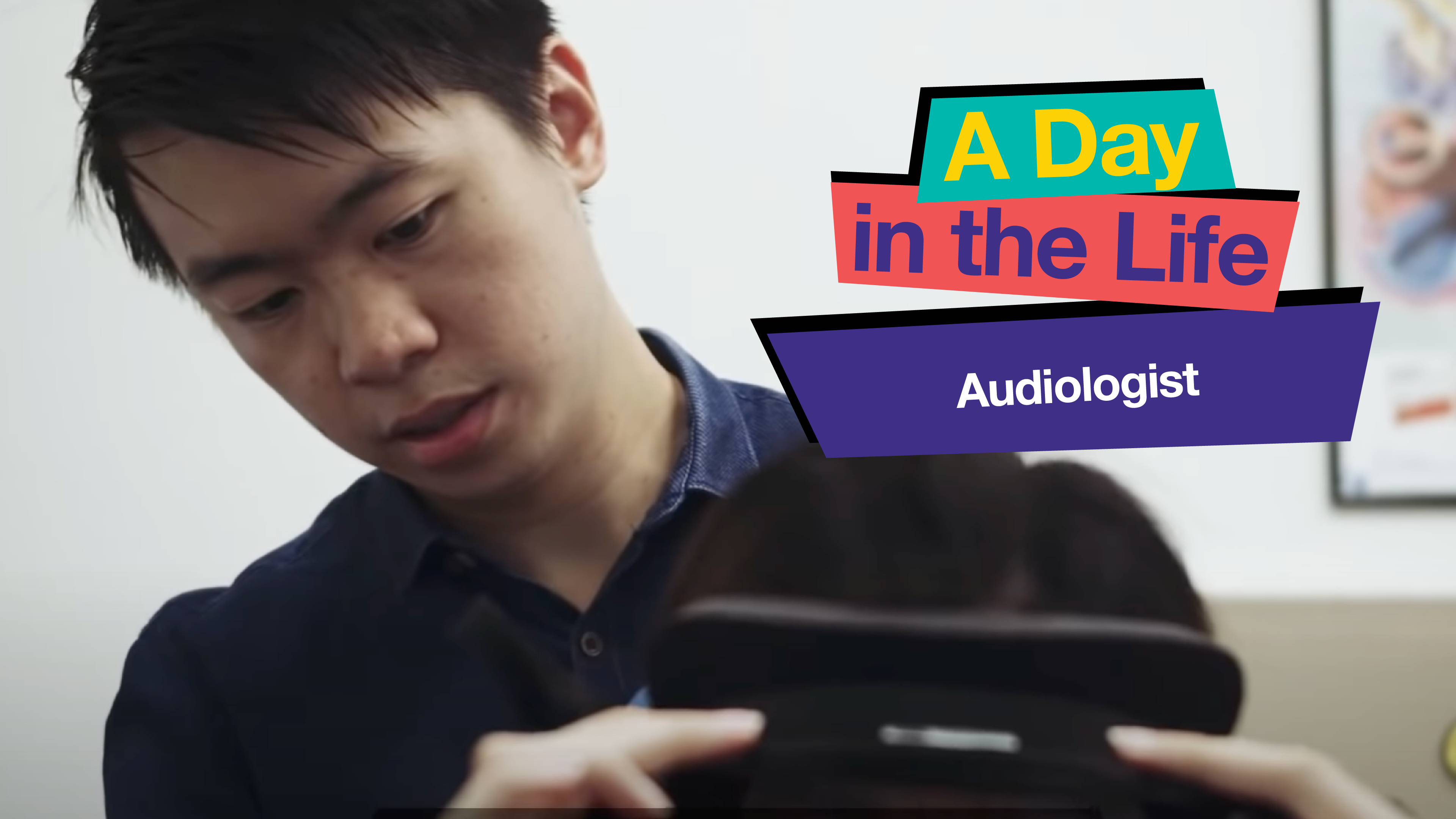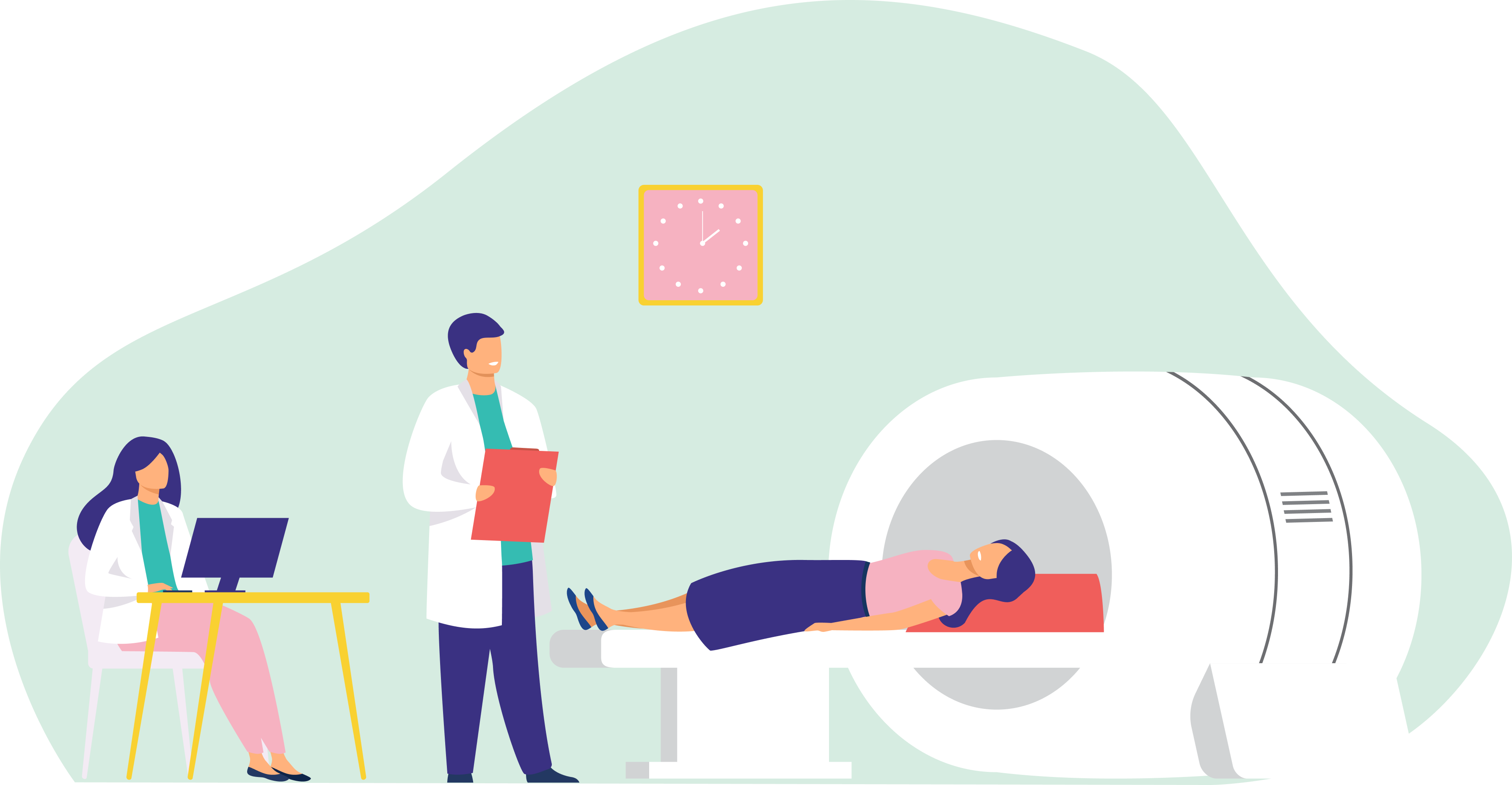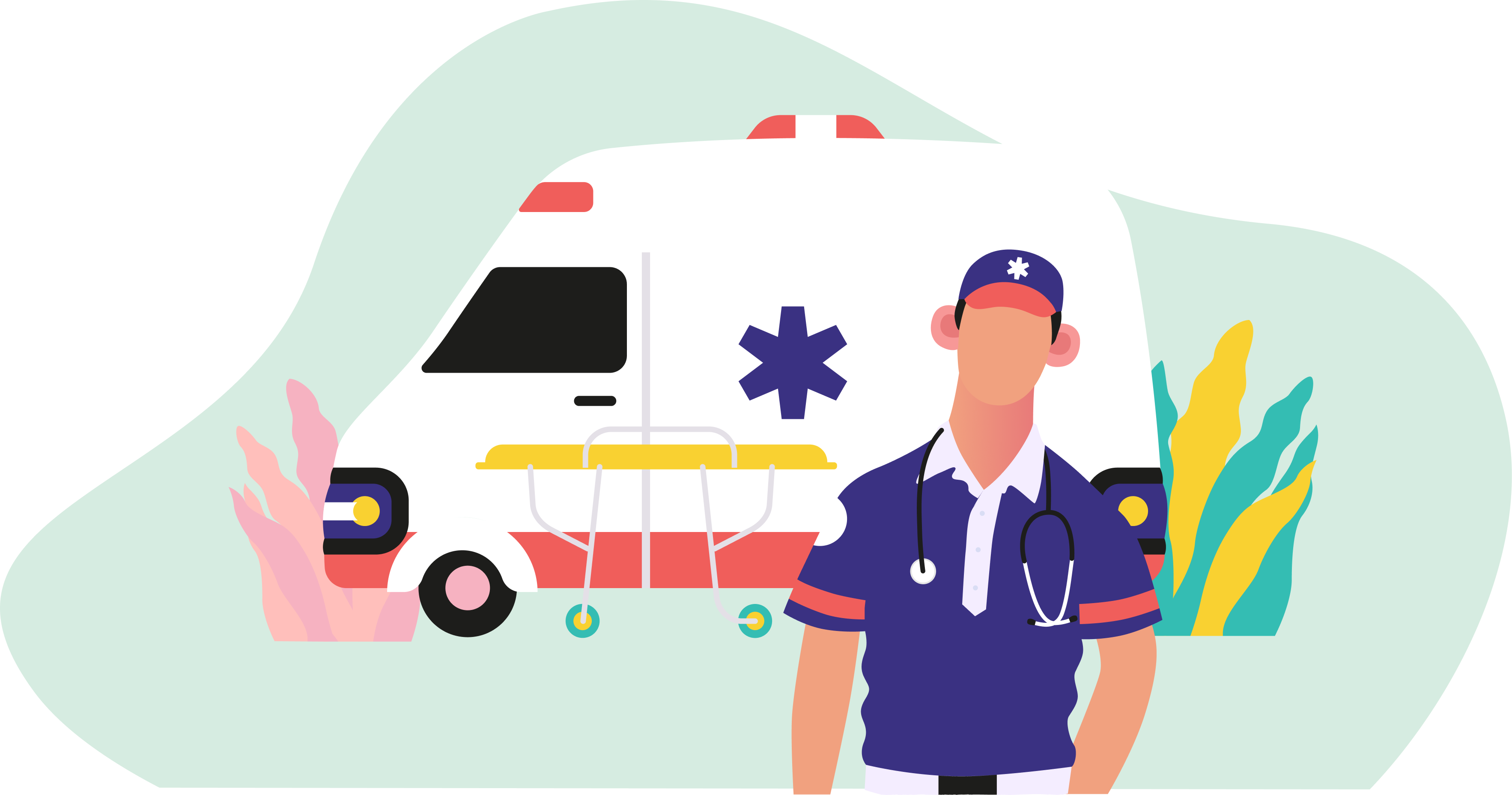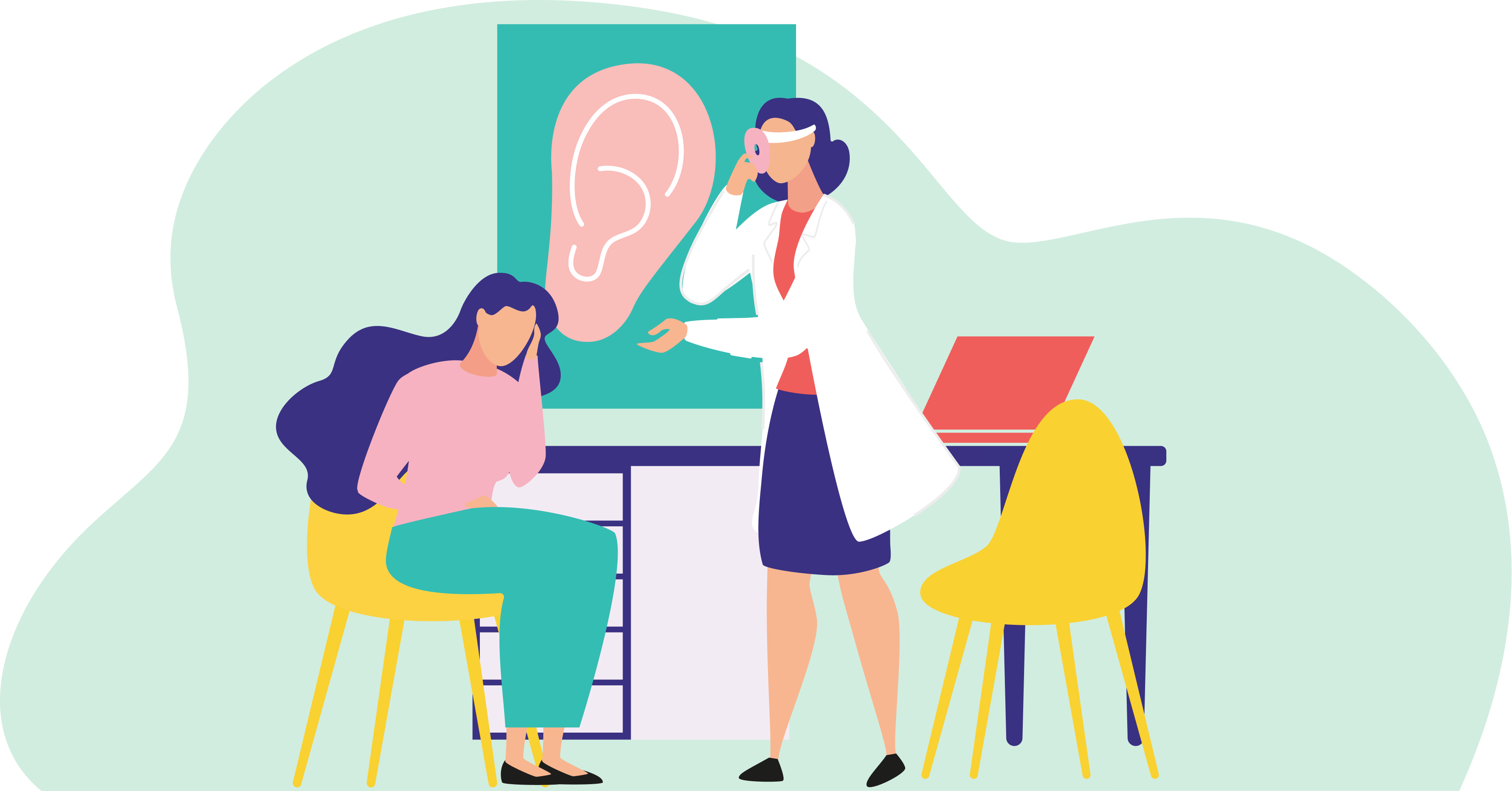
Audiologists focus on helping patients of all ages with hearing issues, including tinnitus, balance problems, and hearing loss. Audiologists help patients of all ages to manage their hearing problems.
Audiologist Job Description
- Identify and treat hearing, balance, ringing in ears, and other auditory disorders using technology.
- Conduct hearing tests and examine the patient's processing of sound information in the brain.
- Provide diagnosis and plan for better recovery of hearing loss.
- Adjust hearing aids for patients to improve hearing.
- Counsel patient families to manage patients with hearing issues.
Note
There are fewer than 100 Audiologists in Singapore as of the year 2016. Hence, pursuing a career in Audiology might be fruitful if you have a passion for it.
What you should know about Audiologist jobs in Singapore
Nature of work
As Audiologists, you’ll be helping patients with hearing loss. This affects younger people too, but it is most commonly found in the elderly and is sometimes linked to issues like dementia.Key Advice
You have to love people and know that this is not just a job - whatever you do impacts your patients.-
Entry RequirementsEntry Requirements
-
A bachelor’s degree or master's in Audiology is required.
-
In Singapore, only the National University of Singapore (NUS) offers a master’s degree in Audiology. You can pursue a bachelor's or master's degree in Audiology or Speech and Hearing Sciences from overseas institutions.
-
-
Possible PathwayPossible Pathway
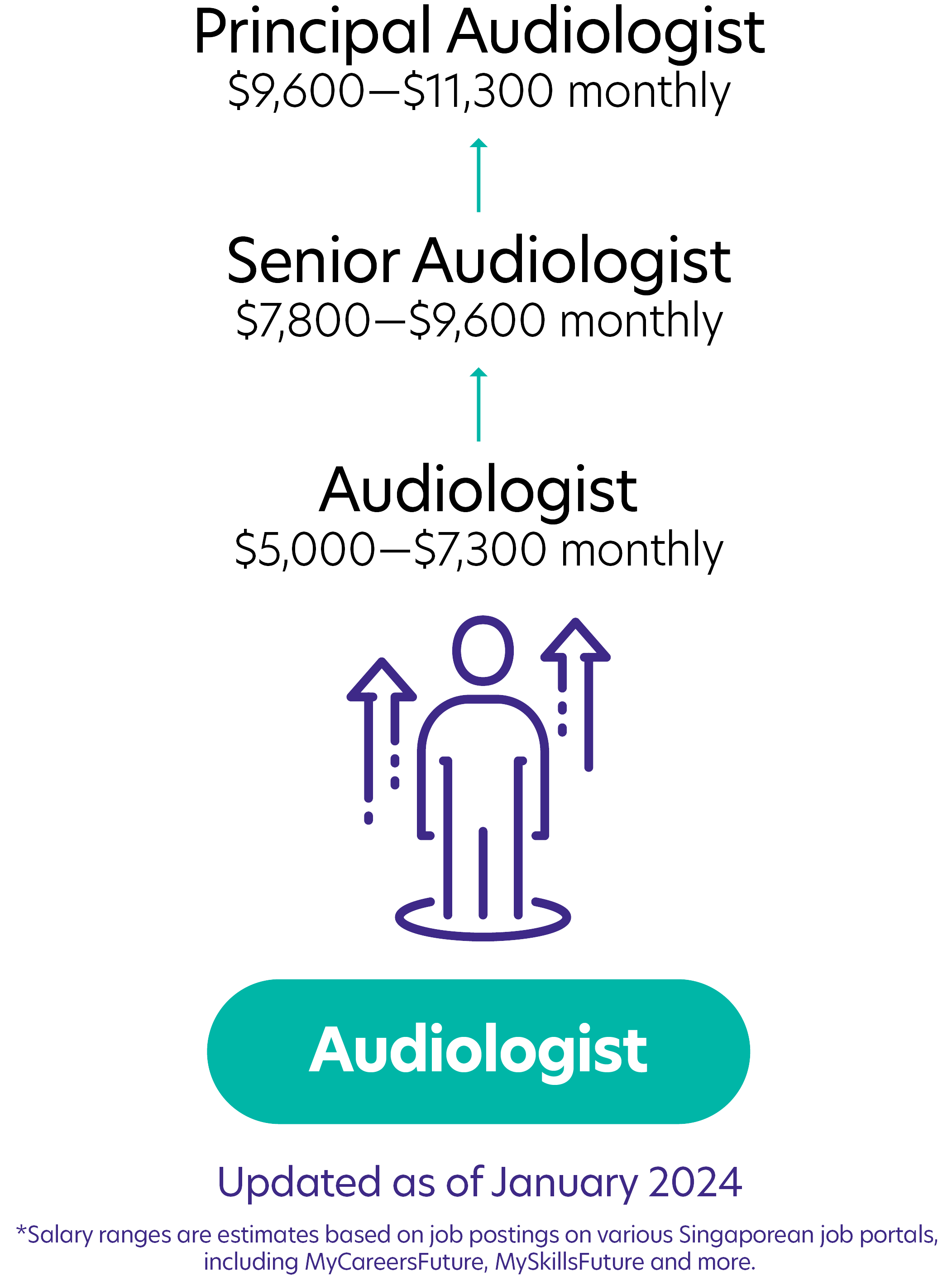
Skills you need to pursue an Audiologist career in Singapore
Professional Hearing Assessment
Proficiency in conducting detailed and accurate hearing assessments with various testing methods.Knowledge in Assistive Listening Devices
Expertise in the selection, fitting, and maintenance of assistive listening devices.Acoustic Analysis
Expertise in acoustic analysis, allowing to understand the properties of sound and the human auditory system.Compassion
A compassionate approach, essential for understanding and empathising with patients' hearing challenges and concerns.Problem-Solving
Ability to analyse hearing test results and patient feedback to develop effective and individualised treatment.Customer Orientation
Strong focus on patient-centred care, ensuring that all interventions are aligned with the patient's needs.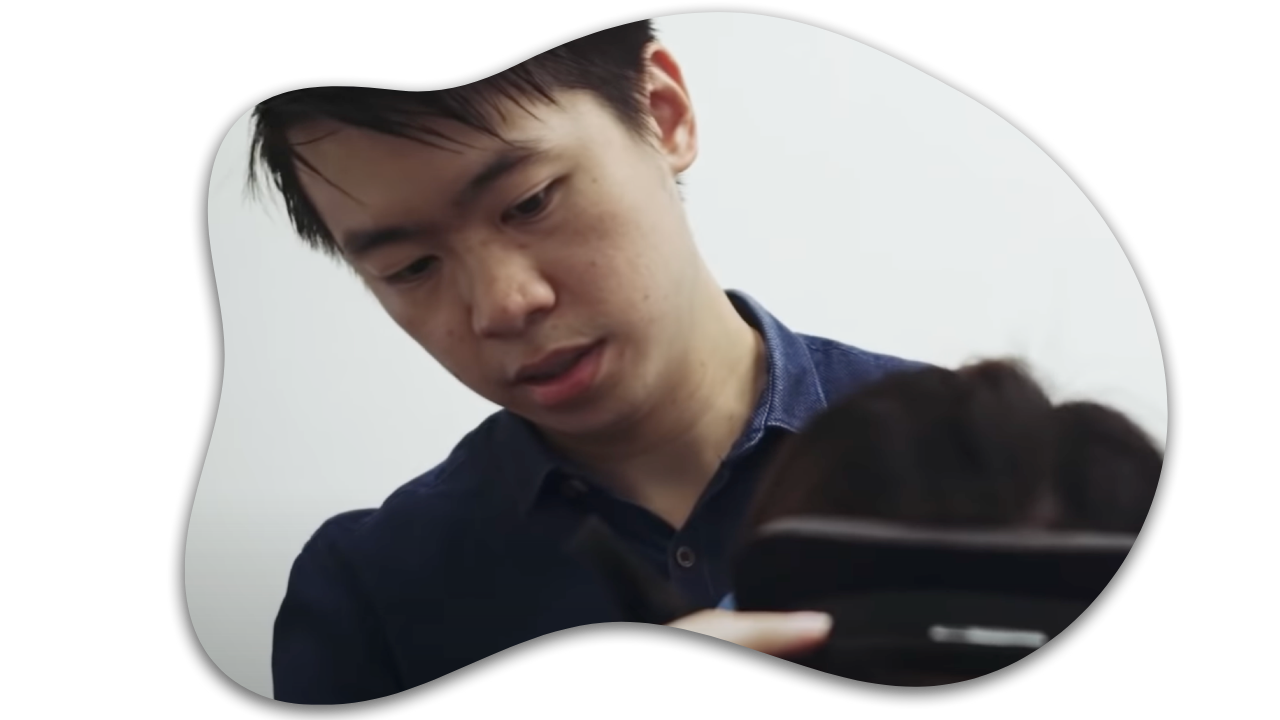
“Our duty is to ensure our patients receive the appropriate treatment and care for their recovery.”
Kenneth Chua, Audiologist
Explore Other Programmes
Browse AllYou have bookmarked your first item!
Find it in My Discoveries with insights on your interests!

